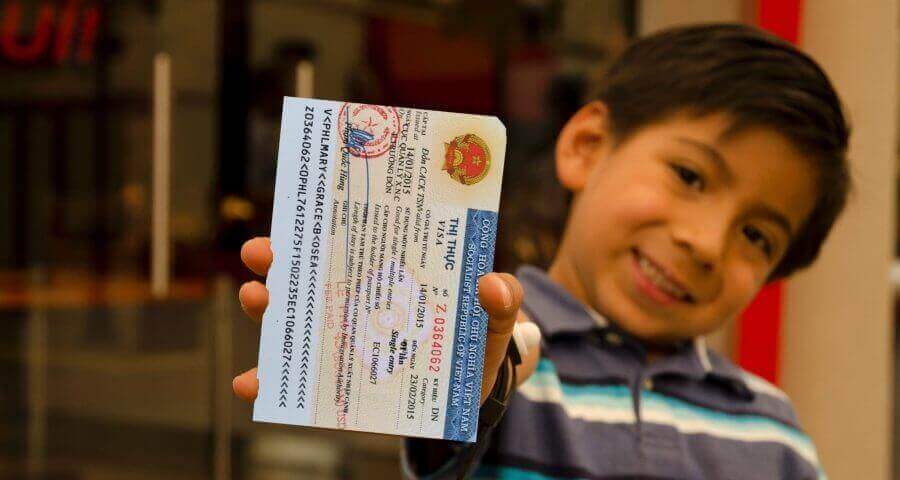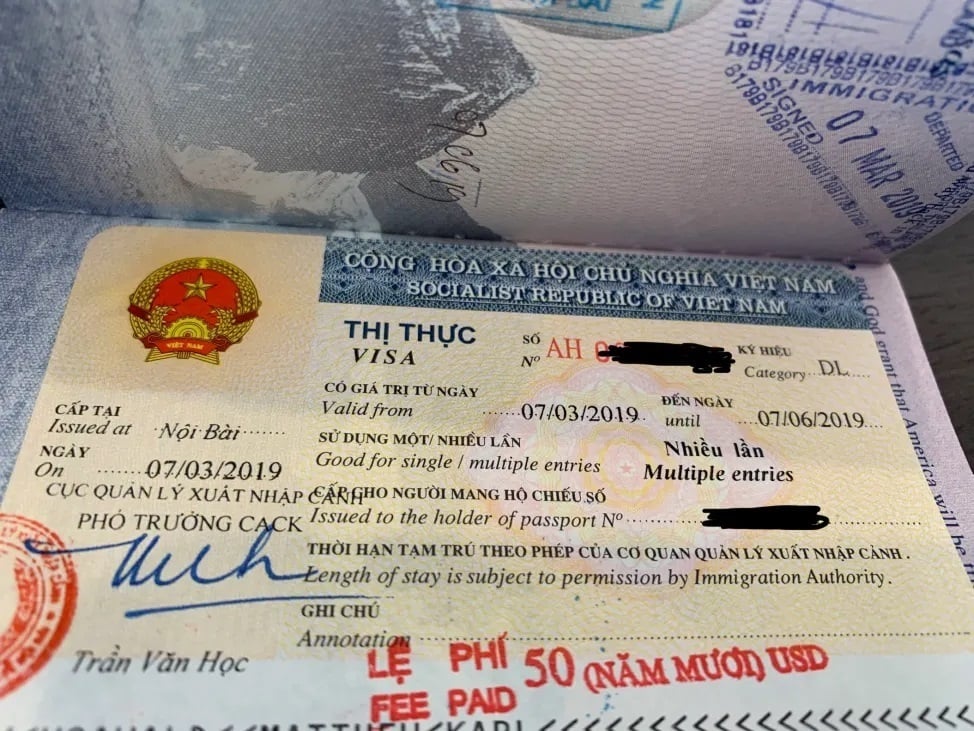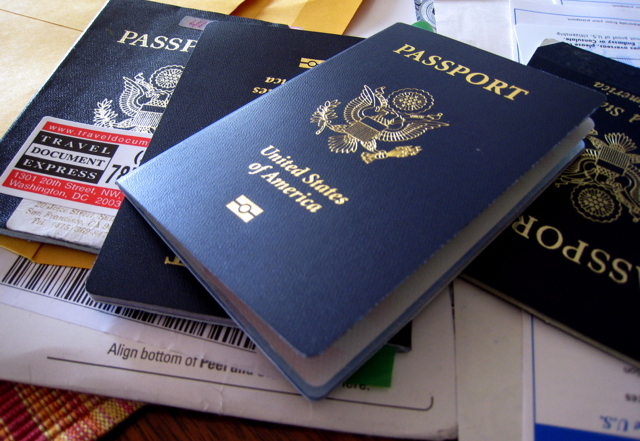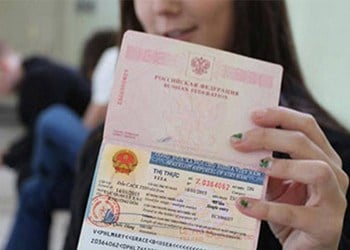Vietnam, a land of captivating beauty and rich cultural heritage, welcomes travelers from across the globe. To ensure a smooth and hassle-free entry into this enchanting country, it is essential for visitors to understand the visa requirements and fees associated with their journey. This comprehensive guide aims to provide travelers with all the necessary information regarding Vietnam visa fees, helping them plan their trip effectively.
Table of Contents
Vietnam Visa Fees: How to Calculate and Prepare for Your Journey
When planning a trip to Vietnam, one of the most important factors to consider is the visa fees. The cost of a visa can vary depending on various factors such as the type of visa, duration of stay, and method of application. It is crucial to have a clear understanding of these fees to avoid any last-minute surprises or delays in your travel plans. Let’s take a closer look at the structure of Vietnam visa fees and how you can calculate and prepare for them.

1. Visa Fees Structure:
The Vietnam visa fees consist of two components: the visa fee and the service fee. The visa fee is the standard government fee charged for processing a visa application, while the service fee is an additional charge by visa agencies or online platforms for their services in assisting with the application process. Below is a table showcasing the different visa categories and their corresponding fees (in US dollars):
| Visa Category | Visa Fee | Service Fee |
|---|---|---|
| Tourist Visa | $25 | Varies |
| Business Visa | $80 | Varies |
| Work Permit | $100 | Varies |
| Student Visa | $50 | Varies |
It is important to note that the service fee can vary widely, so it is essential to compare different providers and choose the most cost-effective option.
2. Factors Influencing Vietnam Visa Fees:
Several factors can influence the visa fees for Vietnam. Let’s take a look at some of the most significant factors:
Visa Category:
The type of visa you are applying for plays a significant role in determining the visa fee. Tourist visas, business visas, work permits, and student visas all have different fee structures. For example, a tourist visa may cost $25, while a work permit can cost up to $100.
Nationality:
The nationality of the applicant also affects the visa fees. Some countries have visa exemption agreements with Vietnam, allowing their citizens to enter the country without a visa or with a reduced fee. For example, citizens of ASEAN countries, Russia, Japan, South Korea, and several European countries are exempt from visa fees for stays of up to 15 days. On the other hand, citizens of countries such as the United States, Canada, and Australia must pay a higher visa fee.
Duration of Stay:
The duration of stay also impacts the visa fees. Longer stays typically require a higher visa fee. For example, a single-entry tourist visa for a stay of up to 30 days costs $25, while a multiple-entry visa for a stay of up to 90 days costs $50.
Vietnam Visa Fees Update 2024: Stay Informed for Hassle-Free Travel
It is essential to stay updated on any changes in Vietnam visa fees to avoid any discrepancies or delays in your travel plans. The Vietnamese government regularly reviews and updates its visa policies, so it is crucial to check for any changes before applying for a visa. You can visit the official website of the Embassy of Vietnam in your country for the latest updates on visa fees and requirements.

Navigating Vietnam Visa Fees: A Step-by-Step Guide for Foreign Visitors
Now that we have covered the basics of Vietnam visa fees let’s take a closer look at the step-by-step process of calculating and preparing for your visa fees.
Step 1: Determine Your Visa Category
The first step is to determine the type of visa you need based on the purpose of your visit. As mentioned earlier, there are various visa categories such as tourist, business, work permit, and student visas, each with its own fee structure.
Step 2: Check Your Eligibility for Visa Exemption
As a foreign visitor, it is essential to check if you are eligible for a visa exemption or reduced visa fee based on your nationality. You can do this by visiting the official website of the Embassy of Vietnam in your country.
Step 3: Calculate the Visa Fee
Once you have determined your visa category and eligibility for visa exemption, you can calculate the visa fee using the table provided earlier in this guide. Remember to factor in the service fee charged by visa agencies or online platforms.
Step 4: Prepare the Required Documents
To apply for a Vietnam visa, you will need to submit certain documents along with your application form. These may include a valid passport, passport-sized photos, proof of accommodation, and travel itinerary. Make sure to have all the necessary documents ready before applying for your visa.
Step 5: Submit Your Application
You can apply for a Vietnam visa through the Vietnamese embassy or consulate in your country or through an online platform. If you choose to apply through an online platform, make sure to compare different providers and choose the most reliable and cost-effective option.
Essential Information: Vietnam Visa Fees, Validity, and Processing Times
Apart from the fees, it is crucial to have a clear understanding of the validity and processing times of Vietnam visas. Here is some essential information to keep in mind:
Validity:
Vietnam visas are typically valid for a single entry or multiple entries, depending on the type of visa and duration of stay. A single-entry visa is valid for one entry into the country, while a multiple-entry visa allows for multiple entries within the validity period.
Processing Times:
The processing time for a Vietnam visa can vary depending on the method of application and the type of visa. Generally, it takes around 3-5 business days to process a visa application. However, some online platforms offer expedited processing for an additional fee.

Vietnam Visa Fees: Country-Specific Requirements and Considerations
It is essential to note that different countries may have specific requirements or considerations when it comes to Vietnam visa fees. For example, Pakistani citizens must provide an invitation letter from a sponsor in Vietnam to apply for a visa. It is crucial to check with the Vietnamese embassy or consulate in your country for any country-specific requirements before applying for a visa.
Conclusion
In conclusion, understanding Vietnam visa fees is crucial for a smooth and hassle-free entry into this beautiful country. By following the steps outlined in this guide and staying updated on any changes in visa policies, you can prepare for your journey effectively and avoid any last-minute surprises. Remember to compare different providers and choose the most cost-effective option for your visa application. We hope this comprehensive guide has provided you with all the necessary information regarding Vietnam visa fees and helped you plan your trip to this enchanting destination. Happy travels!
